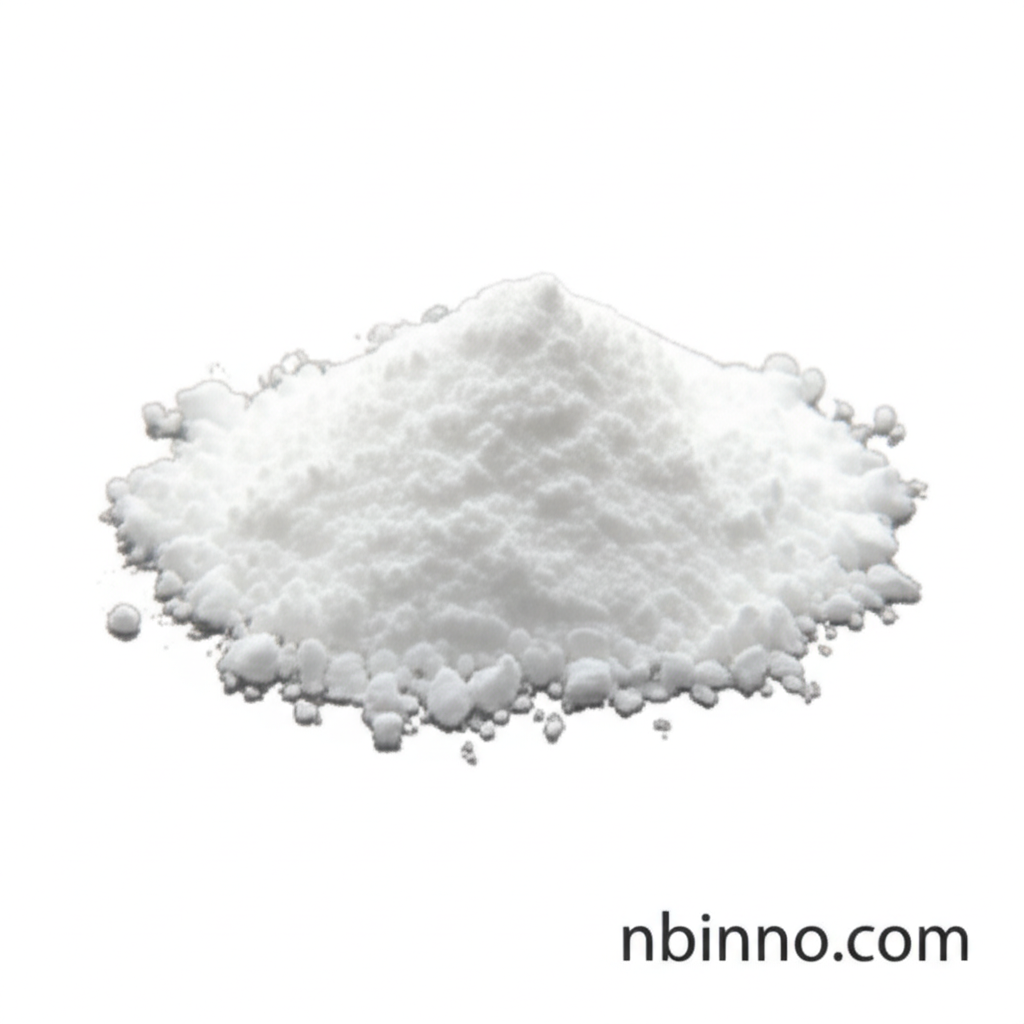Phenylacetylglutamine (CAS 28047-15-6): A Key Biomarker for Metabolic Age and Urea Cycle Support
Discover the significance of Phenylacetylglutamine as a vital biomarker and its role in metabolic health and urea cycle function.
Get a Quote & SampleProduct Core Value

Phenylacetylglutamine
Phenylacetylglutamine (CAS 28047-15-6) is a crucial human metabolite with significant implications in understanding metabolic processes and health conditions. Its unique properties make it valuable for research in aging, kidney function, and cardiovascular health.
- Phenylacetylglutamine biomarker for metabolic age provides insights into the aging process and its associated physiological changes.
- This compound plays a vital role in urea cycle support, assisting in the efficient removal of nitrogenous waste from the body.
- Research suggests Phenylacetylglutamine levels can act as a reliable kidney disease indicator, aiding in the early detection of renal decline.
- Its association with cardiovascular health metabolite research highlights its potential in understanding heart conditions and risk factors.
Advantages of Phenylacetylglutamine
Biomarker Utility
Utilizing CAS 28047-15-6 phenylacetylglutamine uses as a biomarker, researchers can effectively monitor metabolic age and its correlation with health outcomes.
Nitrogen Waste Management
The compound's role in phenylacetylglutamine metabolite excretion pathways is essential for managing nitrogenous waste in the body.
Health Indicator Potential
Understanding phenylacetylglutamine in human urine can offer predictive value for conditions such as chronic kidney disease and cardiovascular issues.
Key Applications
Metabolic Aging Research
Exploring phenylacetylglutamine and aging trends helps in developing strategies for healthy aging and age-related disease prevention.
Urea Cycle Disorder Studies
Investigating Phenylacetylglutamine as a pharmaceutical intermediate is key to developing new treatments for urea cycle disorders.
Renal Health Monitoring
The compound's presence and levels in urine serve as a critical tool for monitoring phenylacetylglutamine kidney disease indicator properties.
Cardiovascular Disease Insights
Researchers are examining Phenylacetylglutamine's role as a cardiovascular health metabolite to identify new diagnostic and therapeutic targets.
